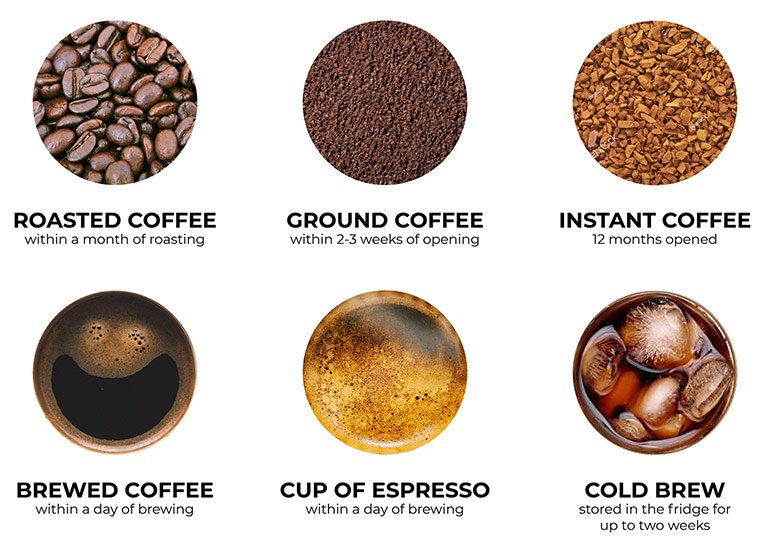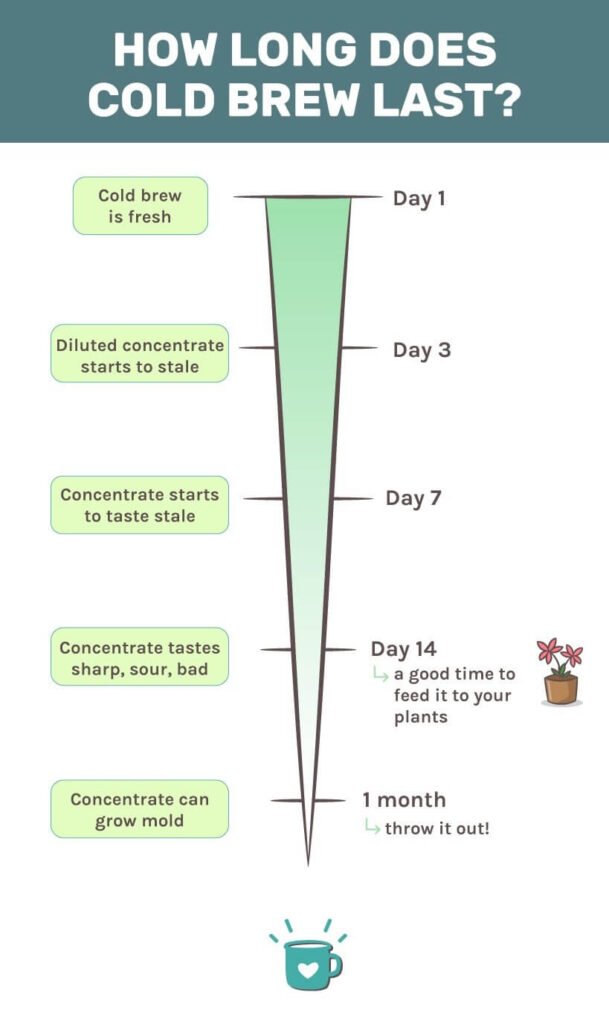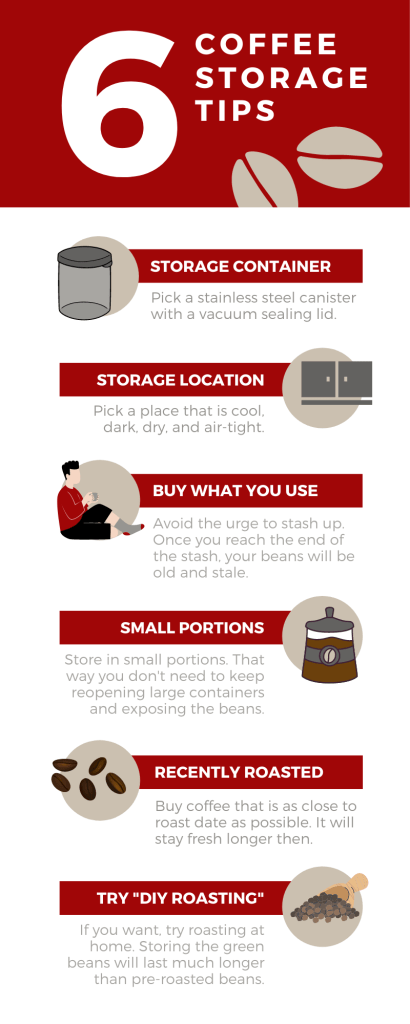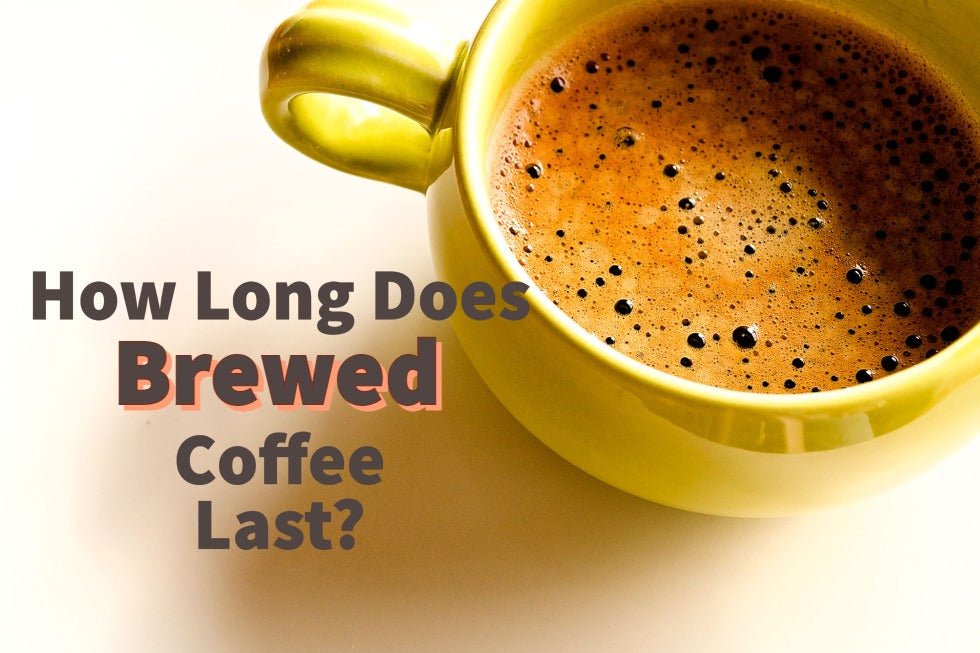Have you ever brewed a pot of coffee, only to get distracted by something else and wonder, “How long is coffee good for once brewed?” This is a common question among coffee enthusiasts who want to enjoy the best taste without compromising on quality.

Understanding the Shelf Life of Brewed Coffee
When it comes to brewed coffee, freshness can make a significant difference in both taste and overall quality. How long your coffee remains good largely depends on various factors such as storage method, ambient temperature, and type of coffee maker used.
Factors Affecting Freshness
Different elements can influence the quality and freshness of your brewed coffee. Here are some key factors to consider:
1. Temperature: The ambient temperature plays a crucial role. Coffee left at room temperature deteriorates faster compared to when stored in a cooler environment.
2. Exposure to Air: Oxygen exposure can lead to oxidation, which degrades both flavor and aroma.
3. Type of Coffee Maker: Your choice of coffee maker can also impact the longevity of your brewed coffee. Some coffee makers keep coffee hotter longer, while others may have a built-in thermos to maintain freshness.
Timeframe for Fresh Brewed Coffee
Knowing how long coffee stays good once brewed can help you make the best adjustments to your coffee-drinking habits. Below are typical timeframes for different storage methods:
| Storage Method | Optimal Freshness Time | Maximum Shelf Life |
|---|---|---|
| Room Temperature | 30 minutes to 1 hour | 4 to 6 hours |
| Insulated Thermos | 4 to 6 hours | Up to 12 hours |
| Refrigerator | Up to 24 hours | 1 to 2 days |
Room Temperature
Coffee left at room temperature is best enjoyed within 30 minutes to an hour. Beyond this time, it tends to lose its flavor and can develop a stale taste. While it’s safe to consume for up to 6 hours, the quality will diminish significantly.
Insulated Thermos
For those who wish to enjoy their coffee over a longer period, an insulated thermos is an excellent option. This can keep your coffee hot and fresh for 4 to 6 hours, and sometimes up to 12 hours with minimal degradation in flavor.
Refrigerator
If you plan on drinking your coffee much later, storing it in the refrigerator can extend its shelf life. Brewed coffee can remain good for up to 24 hours, but for the best flavor, consume it within 1 to 2 days.
Impact of Brewing Methods on Freshness
Different brewing methods can also influence how long your coffee stays fresh. Understanding this can help you choose the best method based on your needs.
Drip Coffee Maker
Drip coffee makers are a popular choice for many households. While they are convenient, the warming plate can cause the coffee to become bitter if left on for too long. For optimal flavor, try to consume your coffee within an hour of brewing.
French Press
The French press allows for a richer, more robust coffee. However, because the grounds remain in contact with the water, the coffee can become over-extracted if left too long. It’s best to pour out the coffee immediately after brewing and store it in a thermos if you plan on drinking it later.
Aeropress
Aeropress coffee tends to stay fresh a bit longer due to its efficient brewing process. Once brewed, it’s best to transfer the coffee to an insulated container if you’re not consuming it immediately. This will help maintain its flavor for a few hours.
Cold Brew
Cold brew coffee has the longest shelf life of all brewing methods. When stored in the fridge, cold brew can remain good for up to two weeks. However, it’s best consumed within the first 7 days for optimal freshness and taste.
How to Tell If Your Brewed Coffee Has Gone Bad
Even though brewed coffee has a relatively short shelf life, there are certain signs to look for in determining whether it’s still good to drink.
Changes in Aroma and Taste
The most obvious indicators are changes in aroma and taste. Fresh coffee has a distinctive, pleasant aroma. If your coffee smells off or has a sour, bitter taste, it’s best to discard it.
Appearance
Visually inspect your coffee. While coffee itself won’t mold quickly, contaminants from the air can lead to mold growth over time. If you see any unusual particles or a change in the coffee’s clarity, it’s best not to drink it.
Mouthfeel
Sometimes the texture of the coffee can tell you if it’s past its prime. Fresh coffee has a smooth consistency, whereas old coffee might feel a bit grainy or oily.
Maximizing Coffee Freshness
Several tips can help you maximize the freshness of your brewed coffee. Following these can ensure that you enjoy the best flavor in every cup.
Use Fresh, Quality Beans
Starting with high-quality, freshly roasted coffee beans can make a significant difference. Make sure to buy beans that have been roasted recently and stored in airtight containers.
Proper Storage
How you store your brewed coffee can impact its longevity. Consider investing in a good quality thermos or insulated coffee carafe. This can keep your coffee hot and fresh for a more extended period.
Brew Just Enough
One of the easiest ways to enjoy fresh coffee is to brew only what you need. Making smaller batches reduces the likelihood of your coffee becoming stale before you can finish it.
Quick Cooling for Iced Coffee
If you’re a fan of iced coffee, quick cooling can help maintain the coffee’s freshness. Instead of letting hot coffee cool at room temperature, pour it over ice immediately or refrigerate it right away.

Is Drinking Old Coffee Bad for You?
You might wonder if drinking old coffee is harmful. While it might not taste great, consuming old coffee isn’t necessarily dangerous. However, there are some health considerations to keep in mind.
Possible Health Effects
Old coffee may not pose immediate health risks, but it can lead to digestive discomfort for some people due to its increased acidity over time. It’s always best to consume fresh coffee to avoid any potential issues.
Mold and Bacteria
Leaving coffee out for extended periods can expose it to bacteria and mold. While brewed coffee itself doesn’t mold easily, any contaminants can lead to unwanted growths.
Benefits of Consuming Freshly Brewed Coffee
Opting for freshly brewed coffee offers several benefits, not just in flavor but also in nutritional content and overall experience.
Better Flavor and Aroma
The most noticeable difference is in flavor and aroma. Freshly brewed coffee is aromatic and has a well-rounded taste that older coffee simply can’t match.
Enhanced Nutritional Value
Fresh coffee contains beneficial compounds like antioxidants, which can degrade over time. Drinking freshly brewed coffee ensures you get the most out of these nutrients.
Enjoyable Experience
There’s something incredibly satisfying about sipping a freshly brewed cup of coffee. The entire experience, from the aroma to the taste, is much more enjoyable.

FAQs About Brewed Coffee Freshness
Here are some frequently asked questions that might help clarify further details about the shelf life of brewed coffee.
How Long Can You Leave Coffee in a Coffee Pot?
Typically, coffee left in a coffee pot is best consumed within an hour. If your coffee pot has a warming feature, avoid keeping it on for more than an hour to prevent bitterness.
Can You Reheat Brewed Coffee?
Yes, you can reheat brewed coffee, but it will affect its flavor. Reheated coffee often has a flatter taste due to the breakdown of aromatic compounds.
Does Cold Brew Coffee Go Bad?
Cold brew coffee lasts longer than hot brewed coffee. When stored in the fridge, it can remain good for up to two weeks, though it’s best to consume it within the first week for optimal taste.
Conclusion
Understanding how long coffee is good for once brewed can help you make the most out of each pot. From considering the impact of temperature and storage to recognizing the signs that your coffee has gone bad, there are several factors to keep in mind. Following some simple tips can help ensure that each cup you drink is as fresh and delicious as possible. Whether you’re a casual coffee drinker or a dedicated aficionado, fresh is always best.

